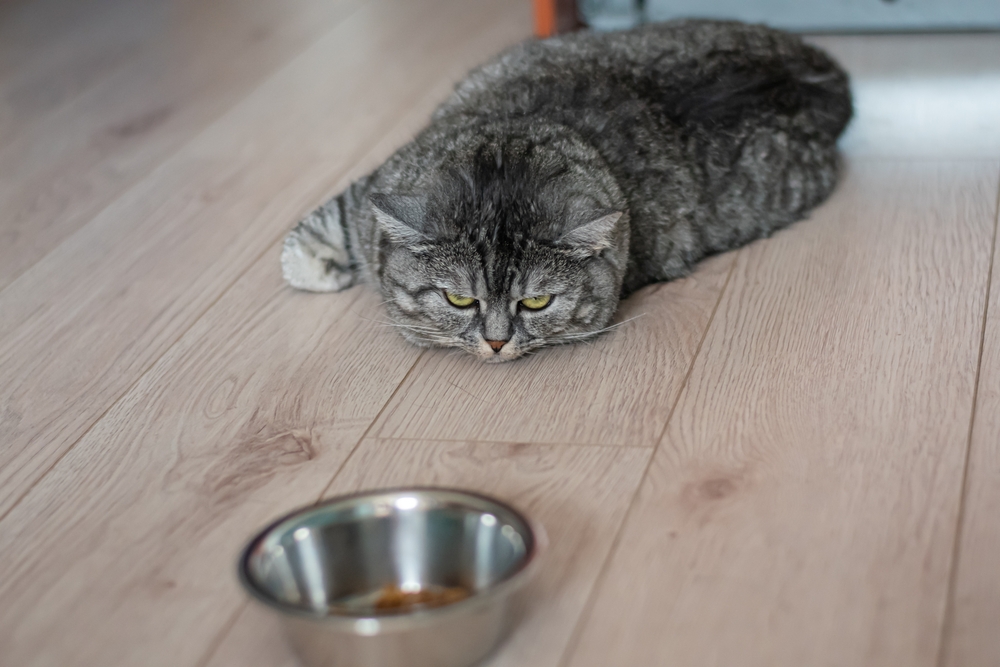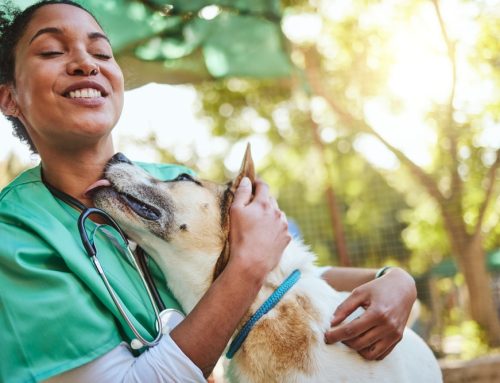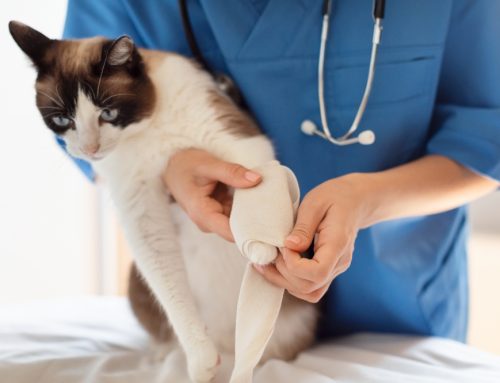You wish your pet could tell you when they’re not feeling well. But since they can’t, you need to be vigilant about their health. Subtle changes in your pet can provide clues about their well-being, and while some signs are not concerning, others are serious and may require prompt veterinary examination. Our team at Lytle Veterinary Clinic shares critical pet health signs you shouldn’t ignore.
#1: Changes in drinking habits in pets
Your pet’s drinking habits provide many clues about their overall health. Many diseases can lead to disinterest in water. Conversely, just as many health conditions can increase your pet’s thirst. Your pet’s drinking habits may change because they have developed one of these common health issues:
- Dental disease
- Endocrine disorders
- Organ dysfunction
- Gastrointestinal (GI) upset
- Arthritis
- Infections
- Cancer
While a minor difference in your pet’s thirst over the course of a day or two likely isn’t a problem, a persistent change can indicate a serious problem. If your pet’s drinking habit changes last more than a few days, schedule a veterinary visit.
#2: Changes in eating habits in pets
Weight loss and weight gain are problematic for pets and can signal a serious condition. These changes can be attributed to a range of medical, behavioral, and dietary causes, including:
- Dental disease — Periodontal problems are among the most common conditions that affect pets and can lead to significant pain, loose teeth, oral infections, jawbone loss, or organ disease, which can cause your pet’s appetite to plummet.
- Gastrointestinal (GI) upset — A pet with an upset stomach will refuse to eat. An affected pet may have nausea, vomiting, diarrhea, or constipation with GI problems.
- Metabolic disorders — Diabetes, thyroid imbalances, and adrenal gland disorders are some common metabolic conditions that impact your pet’s appetite. Maldigestion and malabsorption issues, such as exocrine pancreatic insufficiency, can also affect your pet’s eating habits.
- Organ dysfunction — Pets with kidney and liver disease commonly lose their appetite.
- Stress or anxiety — Anxious and stressed pets typically eat much less than usual, if at all.
- Diet reformulation or change — Whether you abruptly switch out or the manufacturer reformulates your pet’s food, your furry pal may turn up their nose at their new food and the diet change.
While you can find healthy weight range charts for pets, their weight is not the best determinant of their health status. Your pet’s body condition score (BCS), which is a quantitative assessment of a pet’s fat accumulation rating from one (i.e., emaciated) to nine (i.e., obese), is a much better weight status indicator than a number on the scale. Routine veterinary wellness visits are helpful for monitoring weight trends, but you should schedule a visit if you notice a change in your pet’s appetite and weight.
#3: Breathing difficulties in pets
Any respiratory difficulty, such as wheezing, excessive panting, or labored breathing, can signify a serious pet health condition, such as heart and respiratory disease, and warrants a veterinary visit. Respiratory problems can escalate rapidly, and signs that indicate your pet is experiencing distress, including open-mouthed breathing, increased respiratory rate and effort, exacerbated abdominal movement while breathing, and holding their neck low and outstretched, should be treated as an emergency.
#4: Changes in bathroom habits in pets
Altered bathroom habits can indicate your pet has a health problem. Infections can occur, as well as obstructions, causing problems. In addition, tumors can form in the bladder, intestinal tract, or near the anus, preventing your pet from eliminating normally. Your pet may urinate and defecate more or less frequently, strain to eliminate, develop constipation or diarrhea, or have bloody urine or stool.
#5: Lethargy or weakness in pets

While all pets have their off days, changes in your pet’s activity level could indicate they are ill or in pain. A normally energetic pet that seems lethargic for more than a day or two is cause for concern. Limping or reluctance to jump or climb can indicate musculoskeletal issues, injuries, or conditions such as arthritis. While many pets experience joint pain as they age, ensure your pet is not suffering unnecessarily.
#6: Eye injuries in pets
The eye is a complex organ, and injuries can affect various parts, including the cornea, sclera, retina, and eyelid. Eye injuries can quickly worsen and potentially endanger your pet’s vision, so if your pet’s eye is squinty, tearing, or swollen, seek emergency care.
Early detection and intervention are essential for your pet’s health and prognosis, so err on the side of caution, and contact our Lytle Veterinary Clinic team if your pet exhibits concerning changes in their appearance or behavior.







Leave A Comment